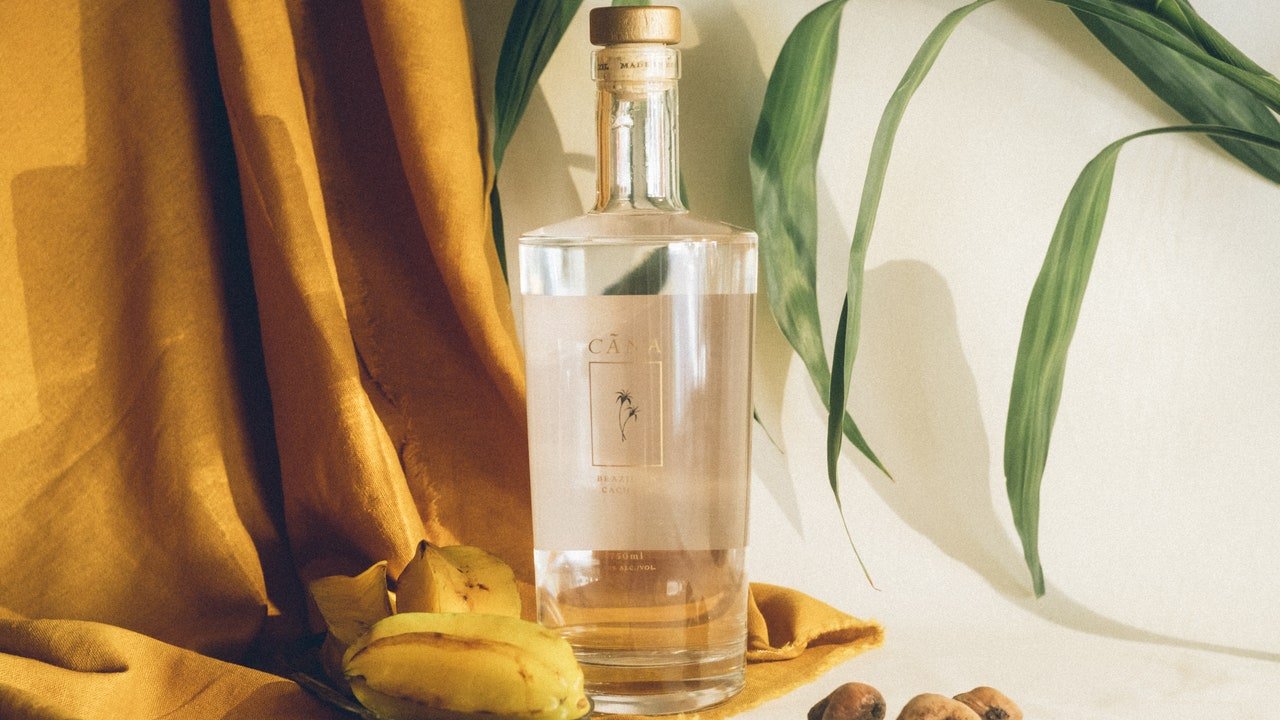The idea to launch Cãna, a premium brand of Brazil’s national spirit cachaça, came to its founders the way most good ideas do: at a small apartment in New York City, in conversation with friends. Nick Walker, a supply chain consultant, and Guilherme Junqueira, a production assistant for shoe designer Mari Giudicelli, both grew up in Rio de Janeiro and were living in New York City pursuing their respective careers. A night entertaining a friend from Texas led to the topic of Brazil. They told him of the country’s music, artists and culture, as well as its liquor. To Junqueira and Walker’s surprise, the friend hadn’t heard of cachaça, a popular Brazilian spirit used most commonly in caipirinhas. (Anthony Bourdain once said that a caipirinha alone is an argument for the greatness of the country.)
Cachaça is a unifying spirit, they explained, one that has been shared historically by all Brazilians, from cattle ranchers to corporate professionals. It’s beloved by everyone, and it functions as a bridge that brings different communities together—often in celebration. But when they went out to buy a bottle to share with their friend, they were surprised by the dearth of options. “In New York, where you can find absolutely anything, we couldn’t find a brand or a bottle resembling the quality we were used to in Rio,” says Junqueira. When their friend suggested they create their own, that’s all they needed to hear. They drew up the brand that very same night.
Their research quickly validated that Americans have yet to be introduced to authentic Brazilian culture. The under-representation of cachaça as a category was one data point. “Brazil exports one-tenth of what Mexico exports in tequila,” notes Junqueira. Liquor has always been a catalyst for cultural integration and global expansion. “It’s very similar to Mexico in the ’70s and ’80s,” he says, “and how little the world knew about tequila or mezcal because the artisanal high-quality product was enjoyed at home and not exported to the rest of the world.” Years later, both tequila and mezcal expanded their reach with premium spirits that invited Americans to participate in an authentic aspect of Mexican culture like never before. “If we can be the ones to introduce consumers to this delicious, high potential category [of cachaça], we will have succeeded,” Junqueira says.
